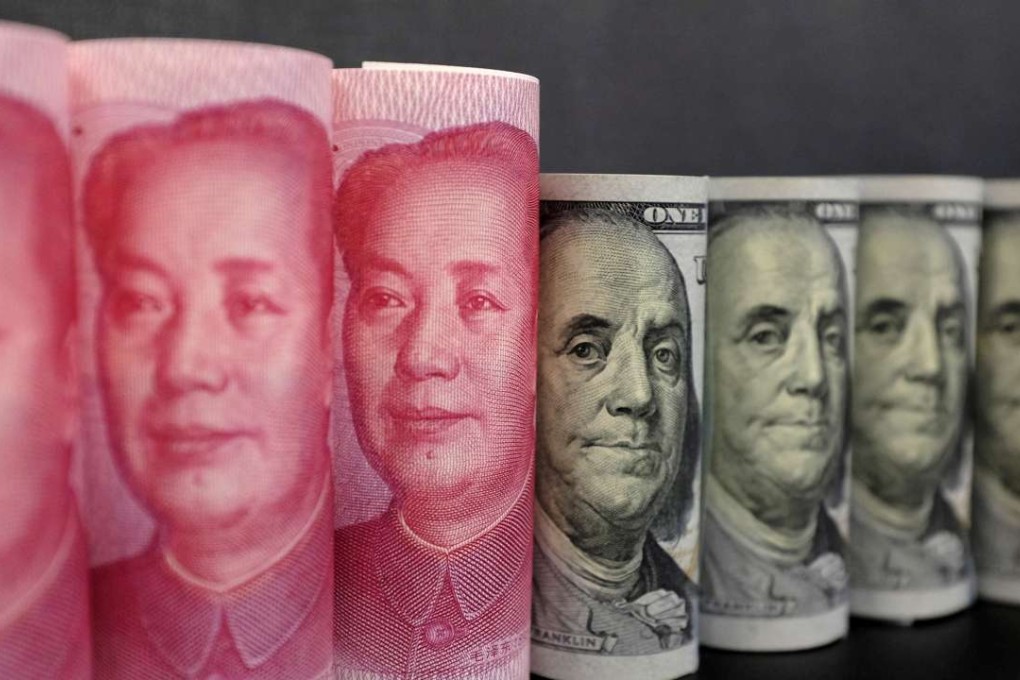Surging yuan Hibor highlights tight liquidity
The overnight yuan Hibor rate surged by 522 basis points in Hong Kong, making it more costly to set up trades that benefit from the currency’s depreciation

The borrowing cost of yuan in the offshore market in Hong Kong surged on Monday, highlighting the significantly tightened liquidity after China’s central bank made moves to moderate the yuan’s depreciation.
The overnight Hong Kong Interbank Offered Rate of the yuan (CNH Hibor) surged by 522 basis points to hit 12.3813 per cent, the highest level since September 13th. The rate has climbed for six days in a row. The 7-day CNH Hibor rate also rose 203 basis point to hit 9.0792 per cent, together with the rates of all other terms.
Meanwhile, in the onshore market, the 3-month Shanghai Interbank Offered Rate (Shibor) rose for the 33rd consecutive day, up 2.03 basis points to 3.0889 per cent, while the rates of other terms have also been in a steady rise recently.
Analysts believe the surge is attributable to the tightening liquidity of yuan after Chinese authorities made moves to shore up the yuan, which has faced rounds of accelerated depreciation since mid November.

The central bank’s approach has been to increase borrowing costs in the money markets, by releasing more long-term liquidity with higher borrowing costs while tightening short-term liquidity with lower borrowing costs through open market operations as well as non-traditional tools such as the medium-term lending facility (MLF).